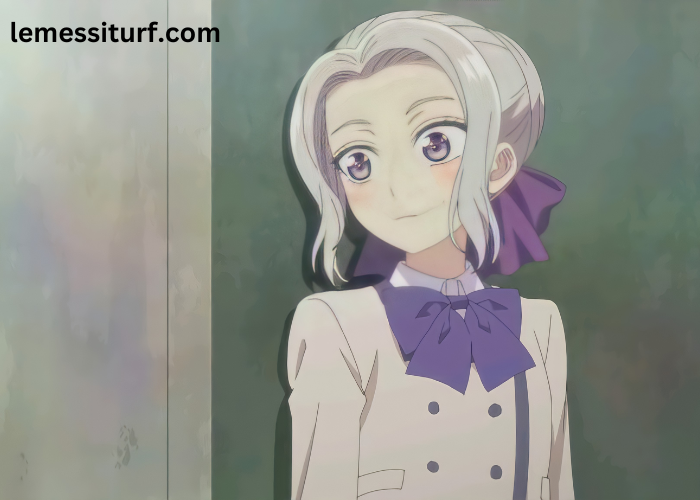Hentai, a genre of Japanese anime and manga characterized by explicit sexual content, has long been a subject of fascination and controversy. While often dismissed as mere pornography, the cultural impact of hentai extends far beyond its provocative imagery. This article delves into how hentai has influenced modern media, examining its roots, societal implications, and the ways it shapes contemporary entertainment and artistic expression. Explore a wide collection of high-quality hentai videos on Hentai3z. Enjoy the best in adult anime entertainment on our website today!
Historical Context and Origins
The term “hentai” originates from the Japanese word for “perversion” or “abnormality,” but within the context of anime and manga, it refers specifically to erotic content. Hentai’s roots can be traced back to Japan’s Edo period (1603-1868), when erotic woodblock prints known as “shunga” were popular. These prints often depicted explicit scenes and were considered a form of high art, enjoyed by a wide range of society. This historical precedent set the stage for the modern iteration of hentai, which emerged in the 20th century alongside the rise of manga and anime as dominant cultural forms.
Cultural Reflection and Societal Implications
Hentai serves as a lens through which various aspects of Japanese culture and society can be examined. It often incorporates themes that reflect societal attitudes towards sexuality, gender roles, and taboo subjects. In a society where open discussion of sex is traditionally restrained, hentai provides a space for exploring and expressing these themes, albeit in a highly stylized and exaggerated manner.
One significant cultural impact of hentai is its challenge to traditional gender roles and sexual norms. Many hentai narratives subvert conventional ideas of masculinity and femininity, presenting a wide range of sexual identities and orientations. This can be seen as both a reflection of and a response to evolving attitudes towards gender and sexuality in Japan and beyond.
Influence on Modern Media
Hentai has left an indelible mark on various forms of modern media. Its influence can be seen in mainstream anime, manga, video games, and even Western entertainment. The stylistic elements and narrative tropes common in hentai often bleed into more mainstream genres, subtly shaping their development.
For instance, the rise of ecchi, a genre of anime and manga that contains sexual content but is less explicit than hentai, demonstrates hentai’s impact. Ecchi often incorporates humor and romantic elements, making sexual themes more palatable for a broader audience. This genre has gained significant popularity, blurring the lines between erotic content and mainstream entertainment.
In the West, hentai has contributed to the growing acceptance and popularity of adult animation. Shows like “Big Mouth” and “Bojack Horseman” incorporate mature themes and explicit content, reflecting a cultural shift towards more open discussions of sexuality and adult themes in animated form. The success of these shows indicates a growing appetite for media that pushes the boundaries of traditional content restrictions.
Artistic Expression and Creative Freedom
Hentai also plays a crucial role in the broader landscape of artistic expression and creative freedom. For many artists and creators, hentai offers a space to explore unconventional ideas and push the boundaries of what is considered acceptable in art. The genre’s emphasis on fantasy and imagination allows for a level of creative experimentation that is often restricted in other forms of media.
Moreover, hentai has provided a platform for marginalized voices, particularly women and LGBTQ+ creators, to express their experiences and perspectives. By challenging mainstream narratives and offering alternative viewpoints, hentai contributes to a more diverse and inclusive cultural landscape.
Controversies and Ethical Considerations
Despite its cultural significance, hentai is not without controversy. Critics argue that it often perpetuates harmful stereotypes and can contribute to the objectification of individuals, particularly women. There are also concerns about the depiction of non-consensual acts and other problematic content within the genre.
These ethical considerations highlight the importance of critical engagement with hentai and its impact on society. While it can serve as a space for artistic expression and cultural reflection, it is crucial to address and challenge the harmful aspects of the genre.
Conclusion
Hentai’s cultural impact on modern media is multifaceted and complex. From its historical roots to its influence on contemporary entertainment and artistic expression, hentai offers valuable insights into societal attitudes towards sexuality and gender. By examining and understanding its impact, we can better appreciate the ways in which this provocative genre shapes and reflects our cultural landscape.
